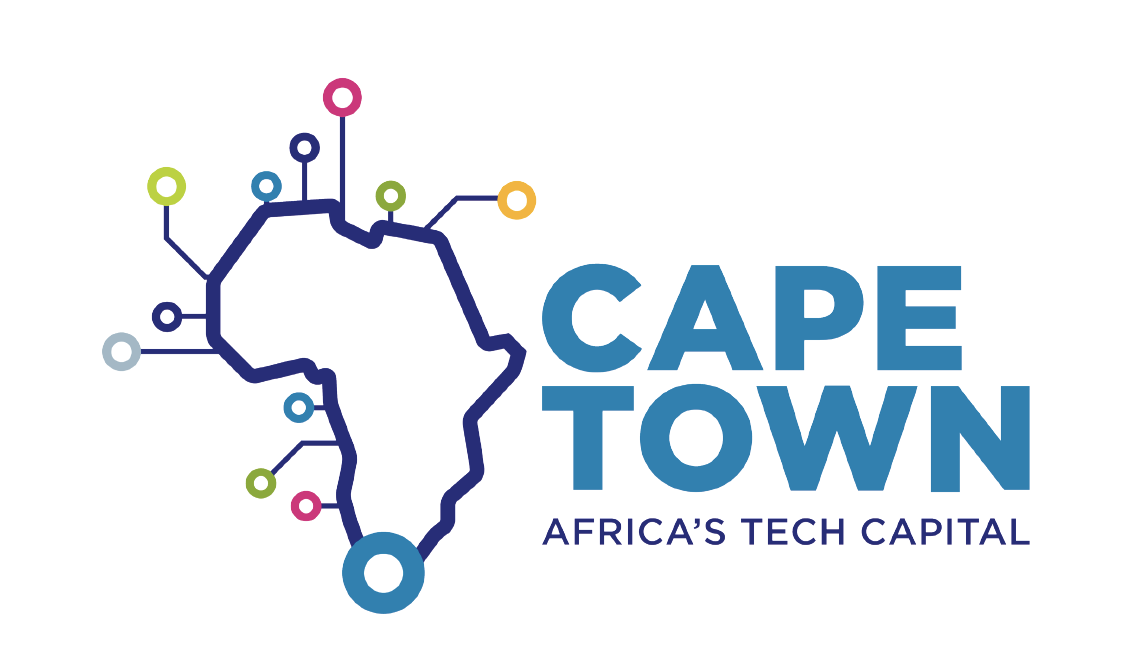Big City Big Dream. Discussing South Africa’s Silicon Valley (Silicon Cape)

A new company is usually more successful if launched in a large and mature ecosystem. Different types of individuals and organizations form a strong startup ecosystem. Silicon Valley in California is a typical example of a strong startup ecosystem. No other area in the world compares in scale and size of innovation, discovery and entrepreneurship to that of Silicon Valley, California.
Google, Apple, Facebook, Netflix, eBay, and many others constantly transforming the technology industry are based in the high-tech powerhouse in California. Many of these businesses began as modest startups and have since experienced significant development as a result of Silicon Valley’s own aggressive and vibrant culture. But Silicon Valley is no longer merely a physical location; rather, it is more akin to an idea that can be developed anywhere.
A clear advantage over other places is provided by starting a tech business in an environment with a developed business infrastructure, a talented resource pool, and a thriving market. Innovation define Silicon Valley’s entrepreneurial atmosphere. It gives tech startups the crucial motivational foundation they need. Cape Town has become South Africa’s Silicon Valley thanks to the city’s unique software creations and ongoing information technology infrastructure advancements, which have allowed startups to grow quickly.
Cape Town was placed first in the 2021 Global Startup Ecosystem Report (GSER) by Startup Genome in terms of regional ecosystem talent and experience as well as knowledge, and third in terms of performance.
According to their exit value, performance and talent, and sub-sector capabilities, the top 140 startup ecosystems were ranked in the report by continent. The analysis estimates that the value of the African start-up ecosystems is $6.6 billion (R97 billion), with $6 billion (R89 billion) of that value concentrated in Cape Town, Johannesburg, Lagos, Nairobi, and Accra. Three South African cities—Cape Town, Johannesburg, and Durban—contributed more than $1.1 billion to exit value in Africa (R16 billion).
Currently, over 60% of South Africa’s startups are based in Cape Town (Silicon Cape). It provides a beautiful and effective home for various fruitful Pan-African startups and boasts a top destination for technological development and venture capital deals. Best of all, the City remains a technology leader in mobile software, revenue management and payment process sectors.
The Cape Innovation & Technology Initiative (CiTi) is additionally considered as one of the continent’s first tech incubators. More than 2000 businesses and more than 3000 entrepreneurs have received support from it. It provides a six-month FutureMarkers initiative for enterprises in the idea stage, a three-month program specifically for women entrepreneurs, and a variety of two-day to three-year company development support programs.
Global corporations like Google Developers Launchpad Africa, Mercedes-Benz Innovation Challenge, MTN App of the Year Awards, and FSAT Labs incubator also provide financial support to some firms. The Bertha Centre for Social Innovation and Entrepreneurship at the Universities of Stellenbosch and Cape Town also offers assistance to business owners.
The fast-paced, constantly-evolving culture of Silicon Valley attracts some of the brightest minds from around the globe. Triggerfish, Game, Yuppiechef, Takealot, OrderIn, and the cleaning company SweepSouth are a few examples of local success stories.
Similar to any other location, raising startup capital in South Africa can be challenging. However, investors tend to write smaller checks less frequently in a little country on the international stage with few consumers who actually have any purchasing power. Additionally, they frequently wait considerably longer to commit than do investors in places with more developed economies.
